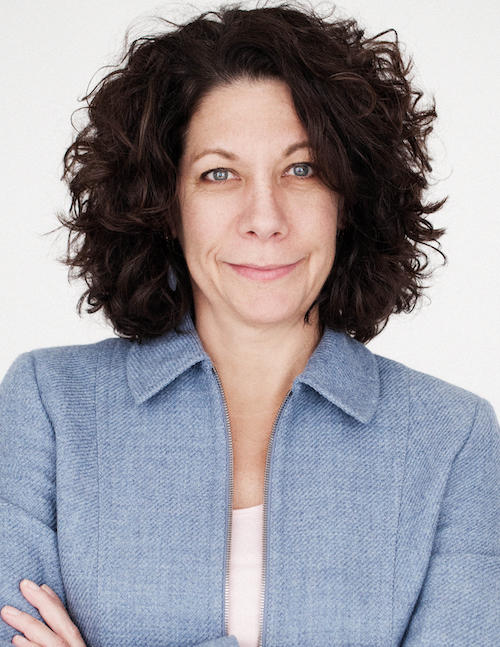Date:
Location:
 Bonnie Bassler
Bonnie Bassler
Princeton University
Squibb Professor in Molecular Biology, Chair, Department of Molecular Biology
"How Bacteria Tell Self from Other"
Abstract: Bacteria communicate with one another via the production and detection of secreted signal molecules called autoinducers. This cell-to-cell communication process, called quorum sensing, allows bacteria to synchronize behavior on a population-wide scale. Behaviors controlled by quorum sensing are usually ones that are unproductive when undertaken by an individual bacterium acting alone but become effective when undertaken in unison by the group. For example, quorum sensing controls virulence factor production, biofilm formation, and the excretion of public goods such as enzymes that solubilize solid food sources making them accessible for consumption. We developed small molecule quorum-sensing agonists and antagonists to discover the principles underlying the exquisite selectivity quorum-sensing receptors have for their cognate ligands. Our results suggest mechanisms bacteria use in the wild to ensure the proper ligand has interacted with its partner receptor prior to eliciting signal transduction. We suggest that, in their native environments, bacteria encounter mixtures of autoinducers produced by other bacterial species occupying the same niche. Precise autoinducer discrimination enables a particular species of bacteria to respond exclusively to its own signal even in the face of fierce competition. This ability prevents the leakage of benefits of quorum-sensing-controlled public goods to non-kin. Beyond learning about fundamental principles underlying quorum sensing, another use for our synthetic molecules is to control quorum sensing on demand.
Host: Hoekstra Lab
Co-sponsored by Organismic and Evolutionary Biology, Molecular and Cellular Biology, and the Harvard Museum of Natural History
